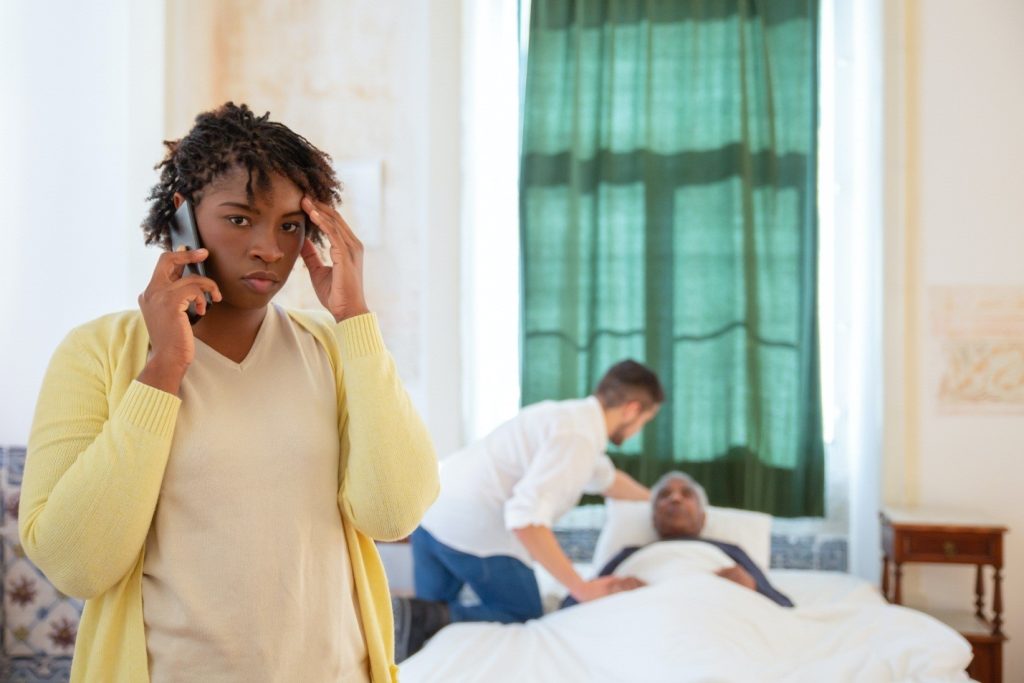Now Reading: 6 Common Causes of Burn Injuries
-
01
6 Common Causes of Burn Injuries

6 Common Causes of Burn Injuries
A burn is a tissue injury, often resulting from heat, friction, electricity, chemicals, radiation, or fire exposure. Children may be especially at risk because they have thinner skin than adults.
A burned person usually experiences pain for several days after injury, increasing in intensity over time. Depending on how much the tissue around the wound is damaged, the injury may cause mild scarring or require surgical repair to prevent infection and scarring.
Some people suffer severe damage to their skin and sometimes internal organs. In some cases, burn injuries can be fatal. Common causes of burn injuries include fire, hot liquids, and electric shocks.
1. Fire
The most common form of burn is caused by fire. If you are injured by fire or an explosion, seem immediate medical attention. Early treatment can go a long way in aiding your recovery process.
If you were hurt due to someone else’s negligence, contact a burn injury lawyer in Fort Myers, FL, to hold the defendant accountable for causing you harm. You deserve justice and compensation.
2. Hot Liquids
Hot drinks can cause severe injuries. To avoid this problem, allow hot liquids to cool in their container. Hold pans and pots at least six inches away from your body when cooking food.
Scalding occurs when liquid comes in contact with the skin for a prolonged period. It is one of the more painful burns since the burning sensation begins deep inside the tissues and spreads quickly through the entire body.
The Burn Foundation reports that over 500,000 victims are scalded each year. Adults over 65 and children under the age of five are most exposed to this type of burn injury.
3. Electric Shocks
Electricity has many uses, including powering appliances such as microwaves, electric blankets, hair dryers, and other devices. However, electricity can be dangerous if you come in contact with a live wire. Always unplug electrical equipment before going to sleep.
When you come in direct contact with electricity, the current can travel through the body. You may suffer a skin burn or tissue and organ damage. Organs commonly injured in an electric burn injury include:
- Heart
- Bones and muscles
- Kidneys
- Nervous system
5. Sunlight
Spending too much time in the sun is dangerous. Exposure to ultraviolet rays causes sunburn, leading to premature aging of the skin and possibly skin cancer. Try to limit outdoor activities when the sun is really strong. Also, apply sunscreen regularly and cover up with long sleeves, hats, and sunglasses when possible.
If you suffer from sunburn, your skin may be red and inflamed. Your skin may also feel hot to the touch. The first signs can appear as soon as a couple of hours after prolonged exposure to sunlight. While mild sunburn can be treated through self-care measures, more severe injuries could require medical care.
6. Chemicals
These may occur due to exposure to dangerous chemicals. You may also get a chemical burn from a defective product. Defects can occur during the design stage, manufacturing, or marketing. If you were hurt by a defective item, contact a lawyer immediately to file a claim. Product liability law can be difficult to navigate on your own.
If you suspect your household products could be hazardous to your health, check the product’s label for warnings. Also, be careful around firecrackers and fireworks. The chemicals used in their manufacture can irritate the skin, especially if they come in contact with broken skin. Keep children away from fireworks.
Contact a Burn Injury Lawyer for Help
Burns can occur in any area of the body. The degree of injury depends upon the amount of heat absorbed by the body part involved and the duration of contact between the body part and the heating agent (contact period).
If you suffered a burn injury due to someone else’s negligence, contact a burn injury lawyer for legal guidance. They can identify the at-fault party and help you file for compensation.
About the author:

How does one combine a passion for journalism with a strong sense of justice? For Crystal A. Davis, the choice was simple: legal journalism. Born and raised in a family of attorneys but wanting to approach the law from an investigative angle, Crystal decided that people would not hear her voice in the court, but online, in magazines, journals, and other platforms. When she is
not studying active lawsuits closely to report on them, she writes public-friendly articles
detangling the complicated threads representing the American legal system.










